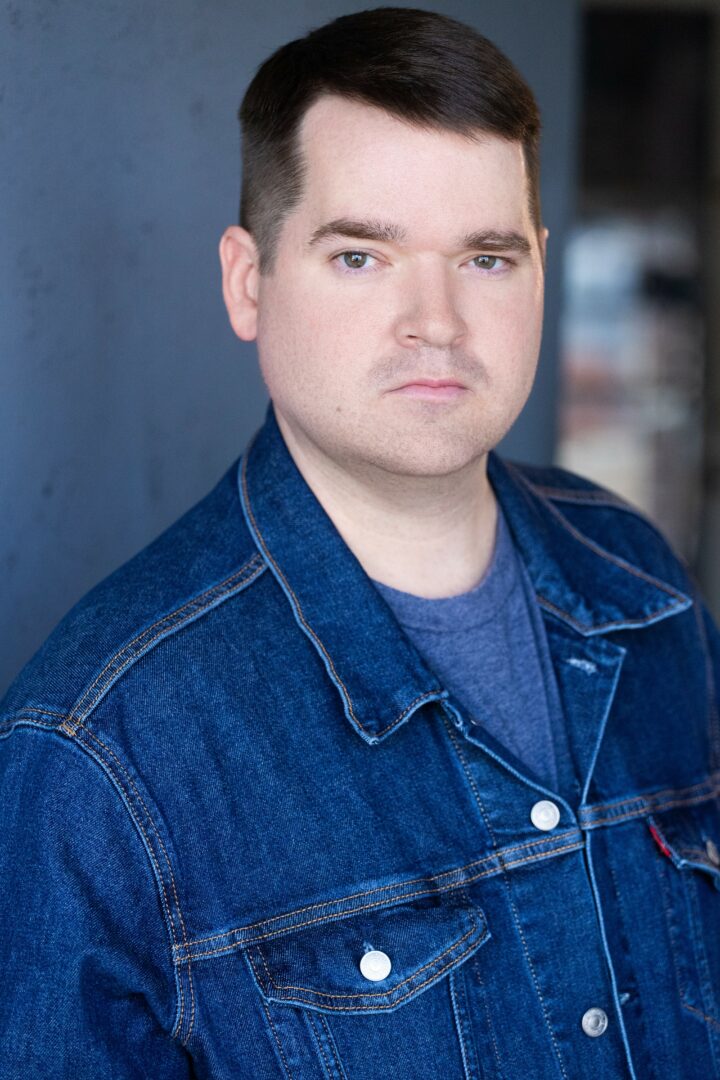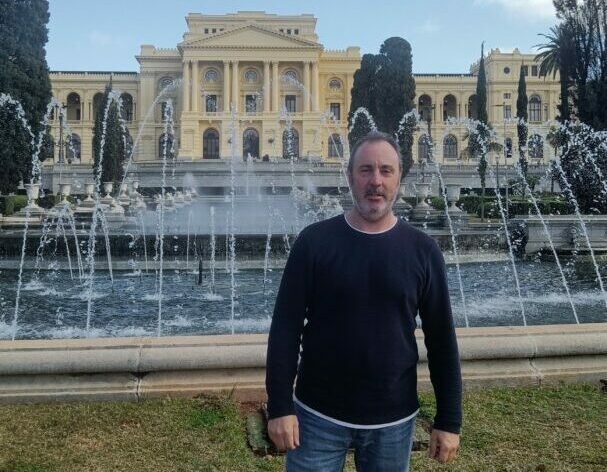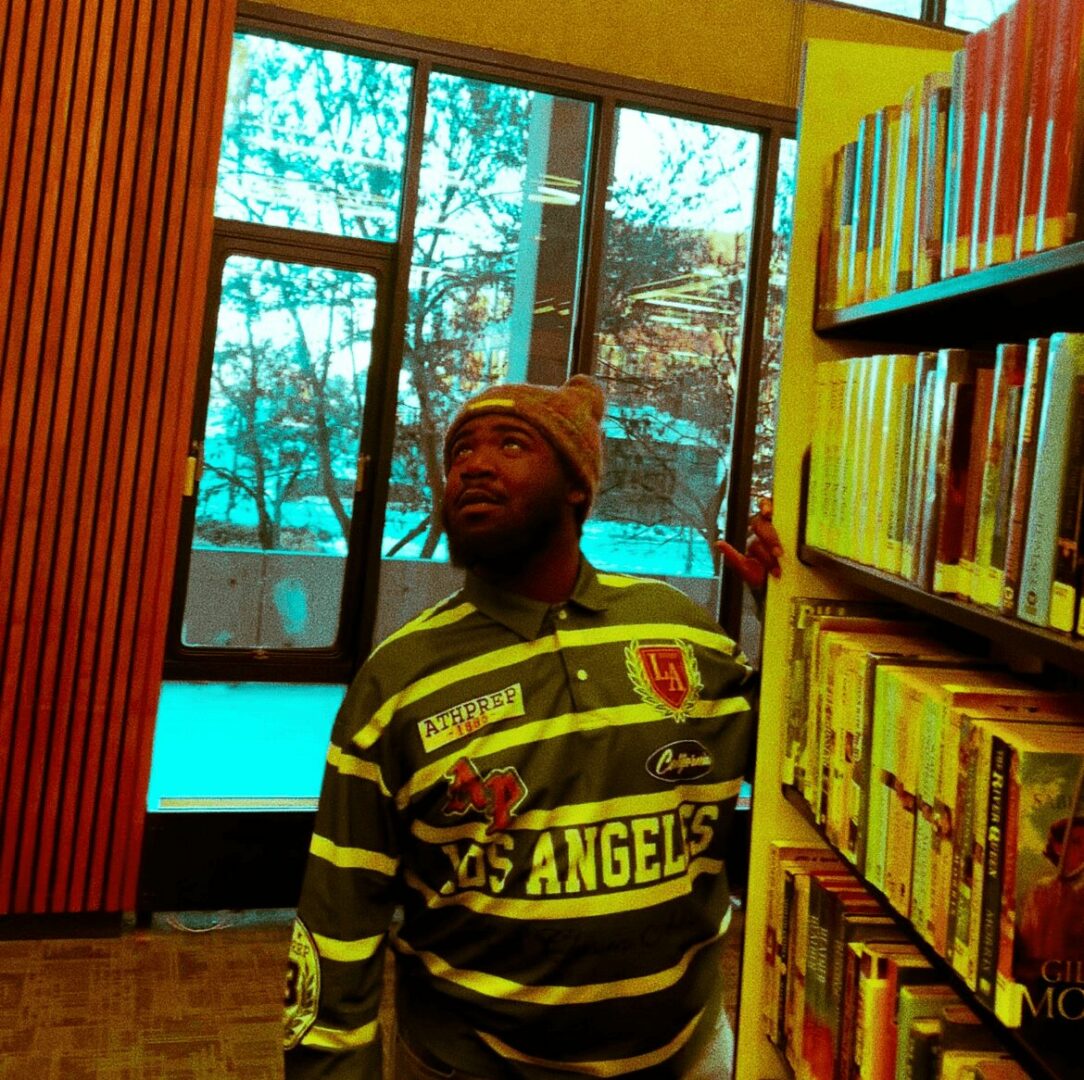We recently connected with Austin Farmer and have shared our conversation below.
Austin, so excited to have you with us today. So much we can chat about, but one of the questions we are most interested in is how you have managed to keep your creativity alive.
I believe creativity never truly dies, only our ability to see it in ourselves does. I believe it is our job in the creative community to uplift others and encourage their gifts and talents, and by doing so, we can keep each other afloat when the doubts start to kick in.
Like so many creatives, I experience imposter syndrome from time to time. This past summer, I had an incredible, unexpected conversation with my late grandpa who was on his death bed over the phone. I was honored when he wanted to schedule a call with me to tell me about his dream that he knew contained a powerful story. It reminded me that I was a writer and he knew it, too.
He told me of a very entertaining, bizarre dream similar to a Stephen King story he had while he was on some of the meds in the hospital. He said it felt real. He spelled out his dream in very vivid detail, and he was surprised by how many dark twists and turns there were in it all. He is one of the most kind people I have ever known, so to hear something so profoundly thrilling and eerie was music to my ears. I wrote down the details, and he thought there might be a story in there for me to write one day because he knew I was a writer. I felt so instantly connected to the story because not only was it a good one, but he was my grandfather, telling me a story that maybe only I would ever hear.
It meant so much to me that he wanted to tell me specifically about this. It was also really cool, like a passing of the torch moment from one generation to the next, from one creative mind to the other. Throughout his pain, while literally in the hospital, he thought it was important to tell me his story that he experienced in the dream realm. It was a powerful moment, and I knew it might be one of the last times I would have the chance to talk with him.
Like him, his creativity is very much alive, even though he is not. I think there is something incredibly poetic in that, a meaning I am still processing.
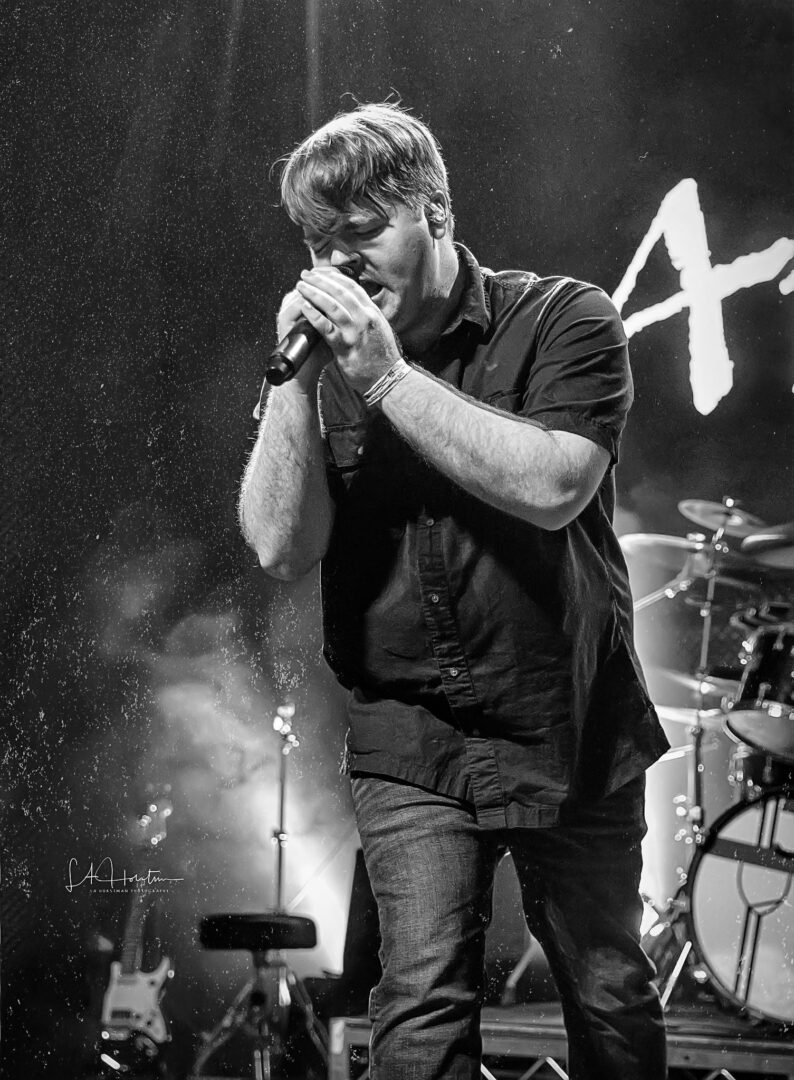
Appreciate the insights and wisdom. Before we dig deeper and ask you about the skills that matter and more, maybe you can tell our readers about yourself?
Hi Bold Journey Magazine. I’m Austin Farmer, a musician, writer, and filmmaker from Southern California, and I’m thrilled to talk about my journey with you all. I recently moved to LA this fall, which has been a huge, exciting change in my life. After graduating from Cal State Fullerton with my degree in Radio-TV-Film, I spent the last 13 years of my life in San Diego working as a musician with different seasonal contracts year round. It was an incredible chapter in my life, and now I’m really looking forward to being in the center of the entertainment industry here in town.
Currently, on the music front, I’ve had my original songs with my bands featured on Netflix, Nickelodeon, CBS, and have had our songs on campaigns with major brands such as Mercedes-Benz, Sobe, and Sprint. I currently play piano with The Surf City All Stars, a band that features original band members from The Beach Boys. I also recently shared the stage with Skunk Baxter of Steely Dan/The Doobie Brothers, and Bruce Johnston of The Beach Boys at a show last month, which was truly an honor to play their original classic rock songs with the whole band.
As a writer, I’m really excited to share that a book I am part of is releasing this winter in bookstores internationally. I’ve had the privilege of being a writer on the creative team for Ben Mauro’s THE ORACLE, which is part of his incredible HUXLEY SAGA universe. It has been one of the most rewarding creative experiences, and I’m so proud to be part of it all. THE ORACLE is prequel story and part of a new trilogy releasing through Thames & Hudson this year and available for pre-order now. I also have released my novel, The Phantom Circuit, which is available online in ebook format and on Audible, narrated by Michelle H. Lee. My short stories have been featured in Space & Time Magazine, Zooey Magazine, and Baker Street Irregulars Vol. 1 (co-edited by Michael A Ventrella and Jonathan Maberry). I am also currently writing content for the longest running fiction podcast, The Leviathan Chronicles, alongside series creator Christof Laputka.
For my film endeavors, I created a new series called “Austin’s Almanac” which documents my seasonal life working as a multi-disciplinary creative, and how each season presents new creative projects and consequently new creative challenges. It’s kind of a mix between narrative travel vlogs and fun Discovery channel type of shows like Expedition Unknown. It’s been really rewarding to launch this past year and I can’t wait to keep developing it. I am also now working as a tech director for a feature film in development, which has been an exciting intersection of the different hats I wear as a creative. Additionally, I have been working behind the scenes learning 3d programs such as Unreal Engine, Blender, and more.
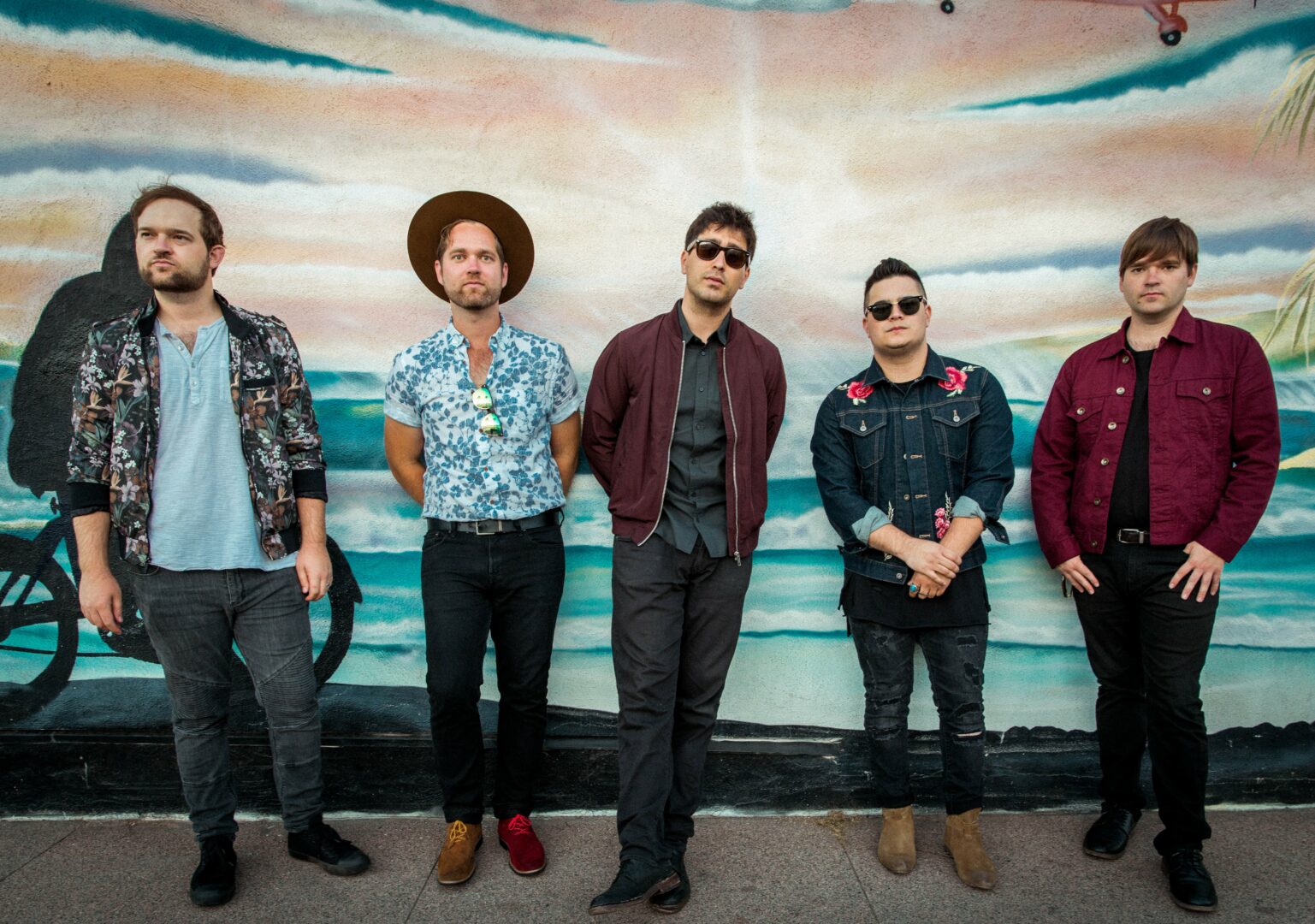
Looking back, what do you think were the three qualities, skills, or areas of knowledge that were most impactful in your journey? What advice do you have for folks who are early in their journey in terms of how they can best develop or improve on these?
This is a great question. It’s one that I normally think I can answer until I start really dissecting it all… which goes to show that there is always so much more working underneath the surface than we think!
I’d say one of the most important qualities for me in the past few years has been resilience. No mater what creative project I am a part of, being able to adapt and evolve with things as they grow creatively has been one of the biggest areas of growth for me. Going back to the imposter syndrome aspect of my life, I think it’s healthy and normal to have doubts about your abilities during the creative process, because creativity is such a vulnerable act. I think writers experience this a lot, whether it’s a song, a short story, or a screenplay, because starting with a blank page, a blank canvas, or blank lyric sheet can be very deceiving. It almost feels like you’ve never done it before. But the story is already within you. And when things in your life start to change, you can keep honing your craft and developing a project even if you feel like your entire world has shifted. Creativity has and will always be an act of faith.
Another skill I focused on a lot during the pandemic was being able to slow down as I’m creating. I had a phase where I was experimenting with tapping into different creative flows. Like Bart Simpson on his chalkboard in the intro of the Simpsons, I had a few days over the pandemic where I wrote this sentence a lot as I started my free writes: “I will write slowly to think more clearly.” Even as I’m doing this interview, I’m remembering what it once felt like to feel myself entering into more of a creative flow state by not rushing my words. As a fiction writer who developed my skills mostly by typing (because my handwriting is so bad, haha!), if I slow down my fingers as they glide across the keyboard and press into the keys, I can have more breath in my thoughts, guiding myself easier to the end of the sentences more naturally. I need to practice what I preach and remind myself of this more, because so often I am rushing through my day on different tasks. Technically speaking, I am always trying to find new ways to write. And when someone asks me, “how do you write?”, my go-to answer is, “It’s always changing,” or “it changes with every project!” which is so true.
The last quality I’d say really helps me, especially when working in a band or as a writer on a team, is just listening more. I feel like some of the best songs or stories I’ve come up with are when I’m just part of the group, not trying to interject any idea into things but flowing naturally with it all. I have a funny story about a song my bandmates thought was one of the best ideas I came up with. We had just moved into our band house in San Diego, and I had made a PB&J sandwich. I was casually eating my sandwich walking around the studio room as they were songwriting, and I just started humming ideas to contribute to the song without really second-guessing myself. They said that whatever I was doing was perfect, and in retrospect maybe I just needed to take it easy more and eat a simple PB&J sandwich during songwriting sessions. It was kind of a really funny moment that will always stick with me.
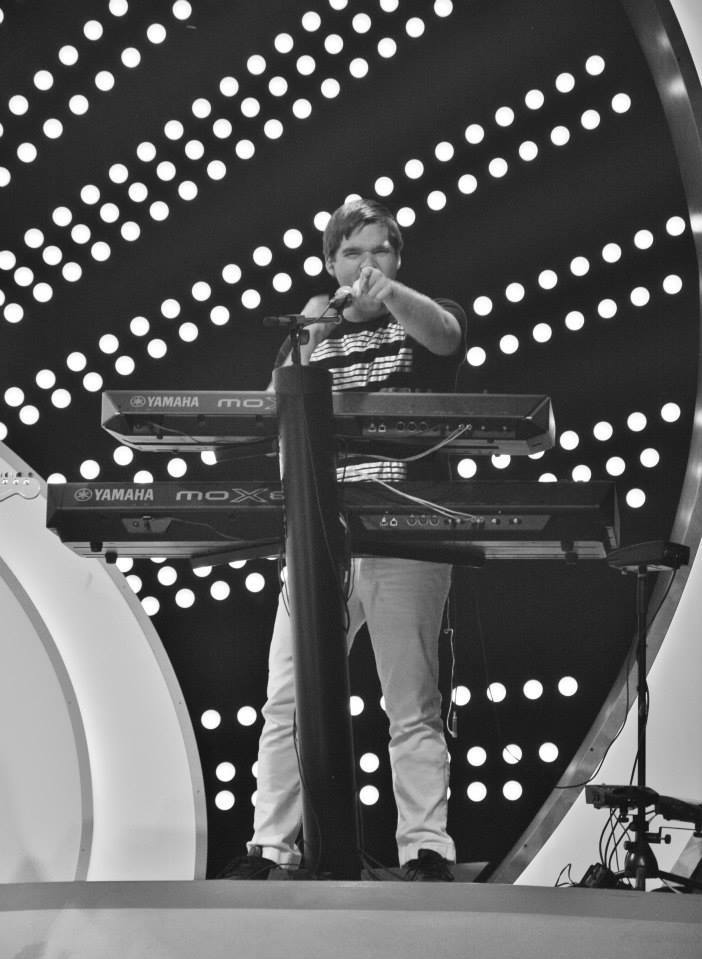
Awesome, really appreciate you opening up with us today and before we close maybe you can share a book recommendation with us. Has there been a book that’s been impactful in your growth and development?
I was shopping at a Goodwill in high school, sifting through the used book section, when I stumbled across a vintage 1984 hardcover collection of Ray Bradbury’s short stories. At that point in my life, I honestly knew nothing about him, which is incredibly hard to believe, other than the fact that he was an important writer that people read in class. I don’t even think at that point I knew he had written Fahrenheit 451. It sounds crazy in retrospect, that I had never really known his stories, but it made it even more meaningful when I bought it and started diving in.
I’m not sure how I naturally gravitated towards this collection, but it was one of those rare moments that I felt like the universe was guiding me in the right direction. I feel that a lot when I’m in a book store, which is kind of funny to admit. Almost a feeling of, “what story will I find today that will change my life?” His short stories are full of magic, and his writing is like poetry, and it really sparked a new creative perspective on how stories could be told through the written word, and how it could be experienced as a reader. I had read that Bradbury wrote 1,000 words a day, and Stephen King aims to write 2,000 words a day, and that’s when I really started thinking about word count and craft overall, and most importantly, translating dreams into reality. Ray Bradbury has also said that every paragraph was like a different shot in a movie, and it made me think I could combine my love of films and stories in a technical way.
These stories really inspired me, and any time I find myself in a creative rut, in any creative medium, I still tell myself, “I always go back to Bradbury.” I felt like my creative trajectory as a writer was similar to his, honing my craft through short stories and sending them out to magazines, even though that was all digital through emails by the time I started sending them out. I can see why he is one of the most important authors in the genre. His imagination created worlds of wonder that have influenced so much of the speculative fiction world. He also has a collection of his essays called “Zen in the Art Of Writing,” that shares a lot of insight into his writing process.
I think it’s safe to say that stories happen to us, through us, maybe in our imaginations, maybe somewhere in between our subconscious and the dream realm, but most importantly, they can transform us. And when I think of the story my grandpa told me recently, I will always remember the magic in the moments he experienced in his dream, when he shared it with me. Like it had actually happened to him, retold to me with a smile and with so much excitement in his voice when he was healing. It was a story that his mind had created, shaped by the circumstances around him, that he had actually experienced in his mind. It wasn’t my dream, but somehow, maybe it belongs to all of us.
Stories are meant to be shared. And dreams happen to us all.
Contact Info:
- Website: https://www.austinfarmercreative.com
- Instagram: @austinfarmer
- Linkedin: https://www.linkedin.com/in/austin-farmer-34a60223/
- Twitter: @mraustinfarmer
- Youtube: https://www.youtube.com/@austins.almanac
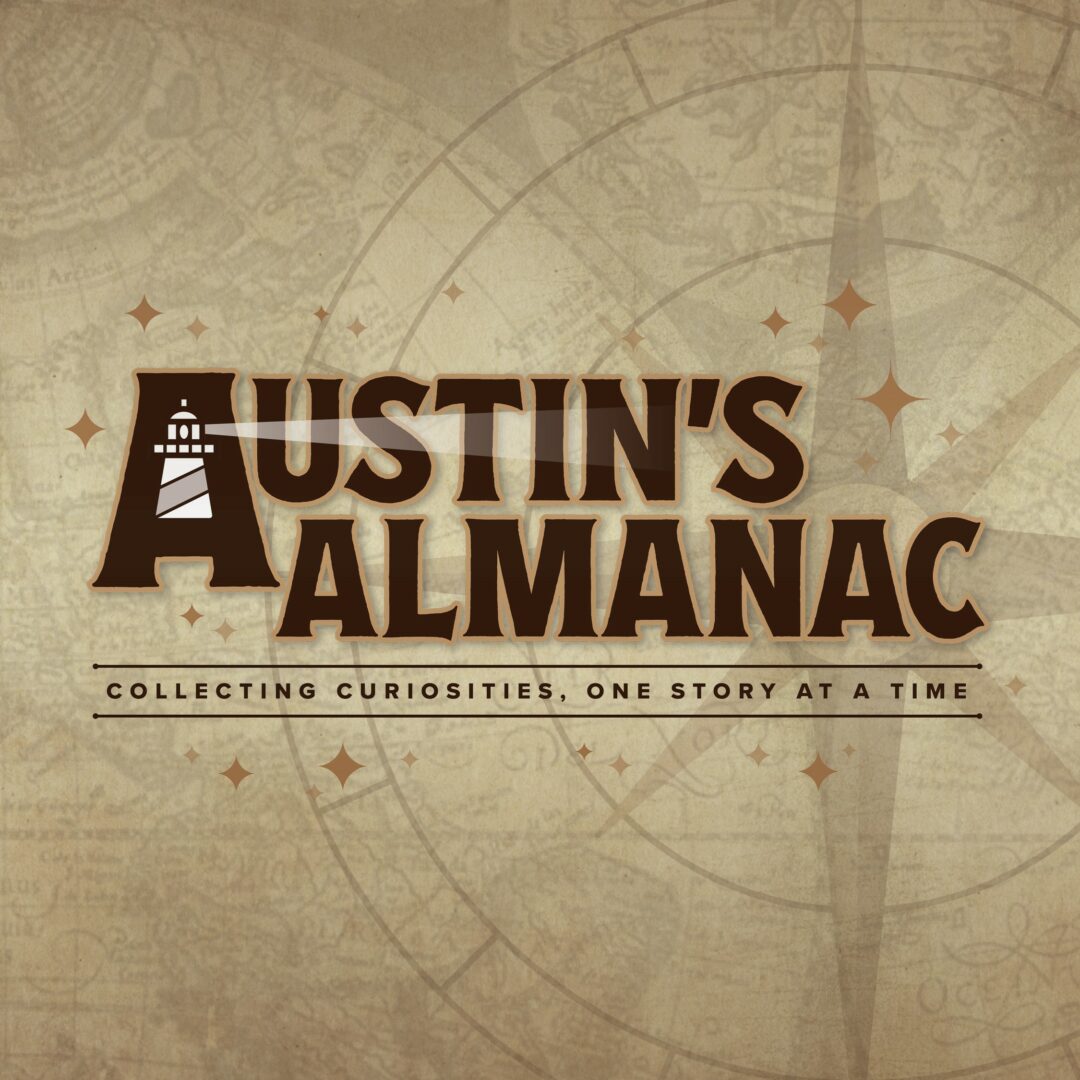
Image Credits
Linda Lam
Justin James Photography
LA Horstman Photography
Todd Tyler Photography
so if you or someone you know deserves recognition please let us know here.

